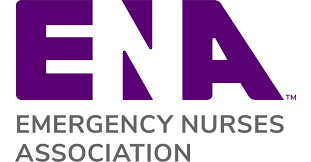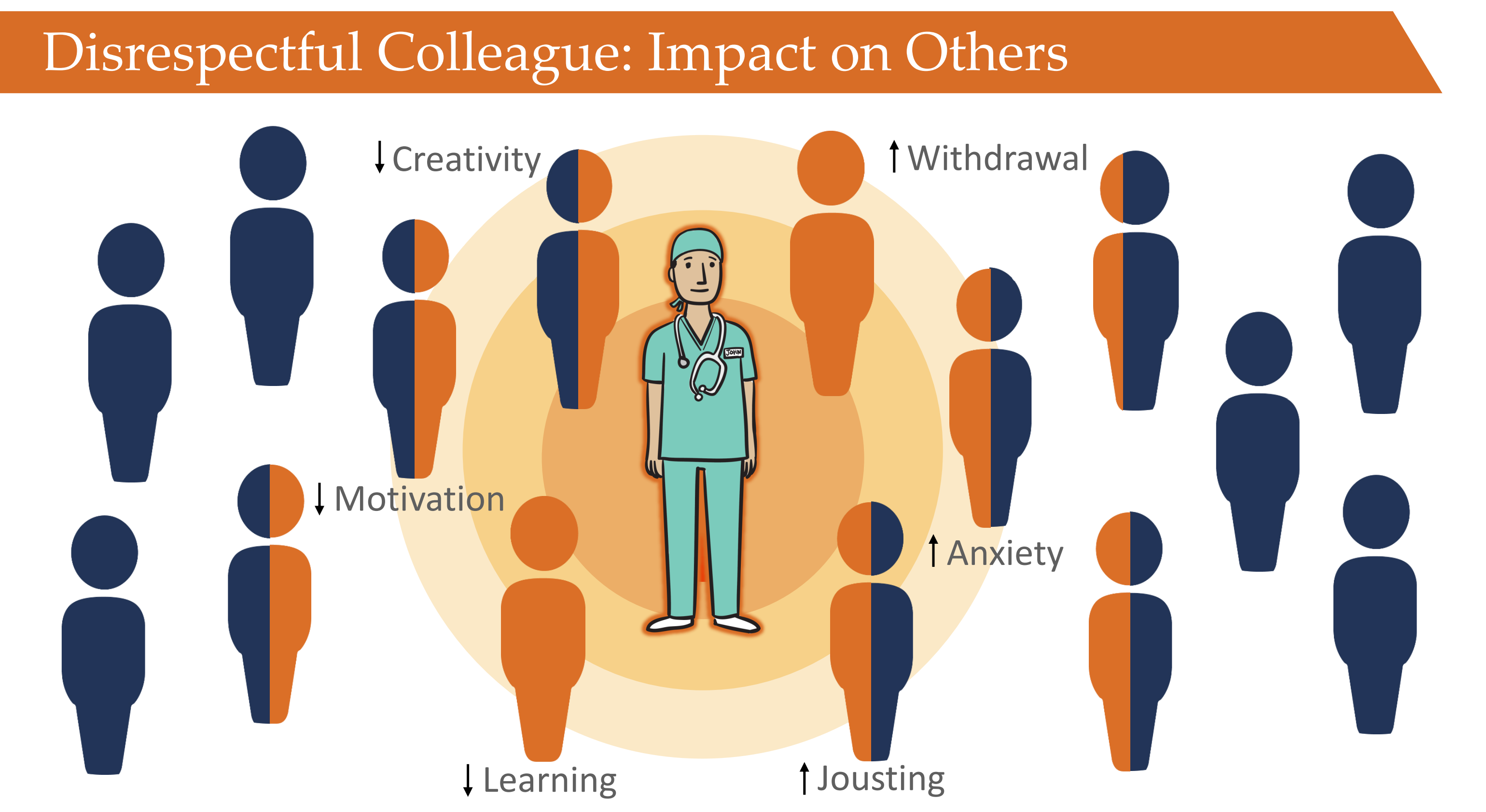Managing challenging employees: When to let go

TAKEAWAYS • HR should be involved early in the disciplinary process to help guide OR leaders’ decision-making throughout disciplinary and/or remediatoin processes. • Timing, privacy, opportunities for employee feedback, and an empathetic approach are among the most important considerations for a final termination meeting. • Whatever the process for communicating…
Managing challenging employees: How to help

TAKEAWAYS • Addressing an employee with a competency or behavior issue is important for the well-being of staff and managers. • Determining the reason for the issue is an important first step to resolving it. • Sources of support for managers include colleagues, human resources, and educators. In today’s perioperative…
Recognize, report, prevent: Building accountability for workplace violence

Anyone doubting the prevalence of workplace violence (WPV) in the healthcare setting need only search online for “injuries to healthcare workers.” In a sector rife with occupational hazards—from slips and falls to sharps injuries and infections—a significant portion of the links are sure to mention WPV, with many even focusing…
Survey: More than half of ED nurses experienced violence in past month

Editor's Note: Head-butting, kicking, slapping, and verbal assault are among the forms of abuse reported in a recent “pulse check” of Emergency Nurses Association (ENA) members in which more than half of respondents reported being abused within the preceding 30 days. Published April 4—the beginning of Workplace Violence Prevention Awareness…
Editorial: Social media raises privacy, ethical concerns

After spending many years in management roles, I can testify to the truth of one old proverb: “The more things change, the more they stay the same.” Patient privacy is a prime example. Confusion on this topic seems just as rampant today as in the early 2000s, amid the widespread…
Study: Perioperative nurses experience high rates of “disruptive” behavior

Editor's Note: Healthcare institutions urgently need intervention strategies to reduce disruptive behavior toward perioperative nurses, according to a report published in the Journal of PeriAnesthesia Nursing on January 9. The recommendation follows a cross-sectional survey designed to “investigate the prevalence, characteristics, causes, consequences, and predictors of and responses to disruptive…
Good managers the answer to workplace incivility
Editor's Note A new meQuilibrium Self Check survey finds that good managers are pivotal to retaining employees in the face of rising rates of workplace incivility, the March 29 HealthLeaders Media reports. Of 5,483 employees surveyed, the most common forms of incivility identified were: Being ignored (26.1%) Having one’s judgment…
Unprofessional behavior improved with just a cup of coffee

What if unprofessional behavior in the OR could be managed through something as simple as an informal chat over a cup of coffee? This peer-to-peer approach advocated by Vanderbilt University School of Medicine led to the development of two well-established, scientifically validated programs designed to offset unprofessional behavior: the Patient…
Ramifications of unprofessional behavior on patients, staff

Lynn Webb, PhD, assistant dean of the Vanderbilt School of Medicine, Nashville, Tennessee, shared an anecdote about unprofessional behavior with attendees of the recent OR Business Management Conference in San Antonio, Texas. A nurse reported that a surgeon was performing a transverse colon resection, and at the appropriate point, they…

 Free Daily News
Free Daily News